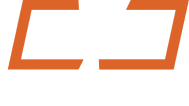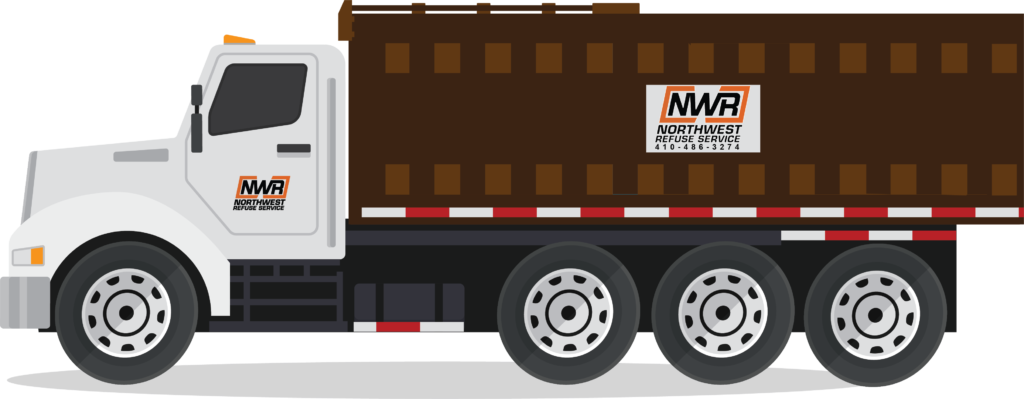What Are The Most Common Forms of Waste Management
Taking out the trash. It’s a dirty job. The US alone produces 277 million tons of waste yearly. That’s more than any other nation worldwide. That means Americans must focus on being good stewards of the environment and what happens to things when we are finished.
There are several ways to dispose of refuse responsibly, and Northwest Refuse Service is here to chat about a few of them. So, what are the four types of waste management commonly utilized? Well, let’s get busy and talk trash!Â
Recycling
One of the best and most effective ways to rid ourselves of trash is through recycling. This is the process of separating items that can be reused, reduced, or transformed to live another life. For example, plastic bottles can be reused in their current form, or the materials broken down to become something new.
Recycling also:
- Reduces the need for new materials
- Eases raw material consumption
- Lowers landfill waste
- Keeps plastics out of natural water sources
- Is an environmental homerun
Many companies are moving towards zero waste policies to lower their environmental impact on our ecosystem. Recycling should always be a part of a waste management plan at home or the office. It’s easy to implement and a positive action to get behind.Â
Composting
Composting allows us to return to the soil what has been given to us so it can be used again. This organic waste fertilizes plants and crops with its decomposing microbes and other properties. Composting can be done on a large or small scale and is a perfect way for homes and businesses with large amounts of organic waste to make it worthwhile.
Composted organic materials:
- Reduce the need for artificial fertilizers
- Increase crop yields
- Decreases erosion
- Increases microorganisms
- Creates nutrient-rich food for soil
Creating a composting area takes time, yet the advantages are many. Not only is it a beautiful way to give back to the planet and feed the earth, farmers and avid gardeners actively seek it.
Incineration
Incinerating trash reduces its volume by 90% and transforms it into small pieces, gasses, and ash. The heat produced can be used as an energy source. Some ash types are nutrient-rich when created from organic materials and are sometimes used in hydroponic (water-based) farming.
Although inexpensive, burning trash does carry concerns, like:
- Atmospheric pollution
- Older, poorly designed burn facilities are still in use
- Creates carbon emissions
- Can harm eco-friendly recycling programs
- Air quality
Much of what is incinerated can be recycled instead. Working toward a greener world and economy includes taking the extra time to sort out what should be thrown away and what can be recycled rather than incinerated.Â
Landfills
Landfills are locations designed, constructed, and regulated to rehouse waste. A protective layer of material is used to prevent chemicals or contaminants from leaching into the ground. Although responsible waste removal is paramount in our line of work, there are downfalls to them, like:
- Seen as a dated method of waste management
- Not dealing with the root cause of too much waste
- Over time may cause environmental damage
- Skilled workers needed to maintain them
- They become full, and more are needed
You can improve your garbage collection, recycling, and compost management strategy. If you’re looking for waste management companies in Frederick, Maryland, or need a waste audit and analysis to ensure you are paying the best price and your trash is being disposed of properly, Northwest Refuse Service is here to help. We love talking trash, so reach out and let’s get started.


